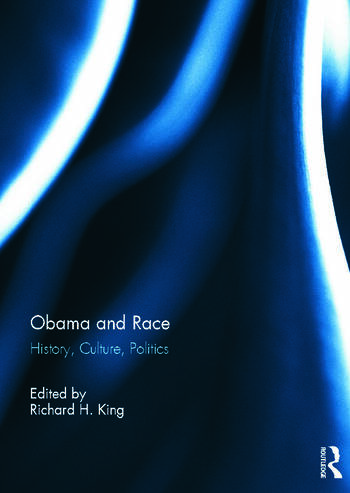Mixed MessengerPosted in Articles, Asian Diaspora, Barack Obama, Social Science, United States on 2012-08-03 01:23Z by Steven |
Mixed Messenger
The New York Times
2008-03-23
A few weeks ago, while stuck at the Chicago airport with my 4-year-old daughter, I struck up a conversation with a woman sitting in the gate area. After a time, she looked at my girl — who resembles my Japanese-American husband — commented on her height and asked, “Do you know if her birth parents were tall?”
Most Americans watching Barack Obama’s campaign, even those who don’t support him, appreciate the historic significance of an African-American president. But for parents like me, Obama, as the first biracial candidate, symbolizes something else too: the future of race in this country, the paradigm and paradox of its simultaneous intransigence and disappearance.
It’s true that, over the past months, Obama has increasingly positioned himself as a black man. That’s understandable: insisting on being seen as biracial might alienate African-American leaders and voters who have questioned his authenticity. White America, too, has a vested interest in seeing him as black it’s certainly a more exciting, more romantic and more concrete prospect than the “first biracial president.” Yet, even as he proves his black cred, it may be the senator’s dual identity, and his struggles to come to terms with it, that explain his crossover appeal and that have helped him to both embrace and transcend race, winning over voters in Birmingham, Iowa, as well as Birmingham, Ala…
…But the rise of multiracialism is not all Kumbaya choruses and “postracial” identity. The N.A.A.C.P. criticized the census change, fearing that since so few in the black community are of fully African descent, mass attrition to a mixed-race option could threaten political clout and Federal financing. Mexican-Americans, a largely mixed-race group, fought to be classified as white during the first half of the 20th century; during the second half, they fought against it.
Among Asians, Japanese-Americans in Northern California have argued over “how Japanese” the contestants for the Cherry Blossom Queen must be (the answer so far: 50 percent, which is less rigid than San Francisco’s Miss Chinatown U.S.A., whose father must be Chinese, but more strict than the 25 percent Chinese required to be Miss Los Angeles Chinatown)…
Read the entire article here.

